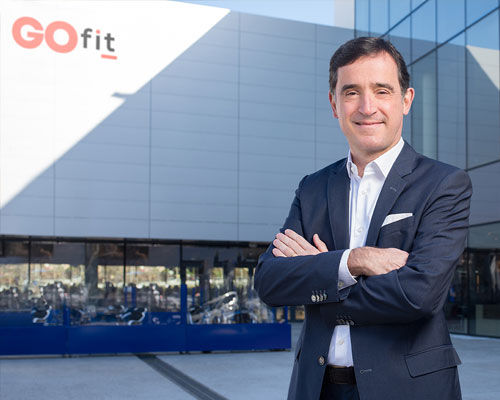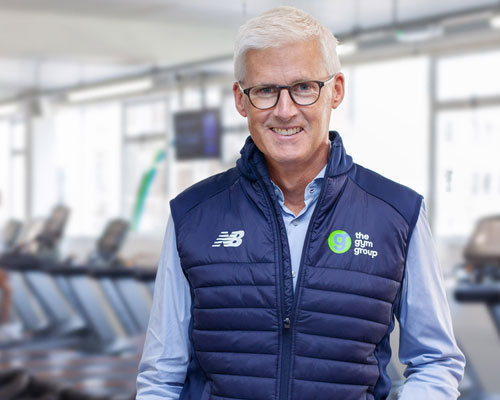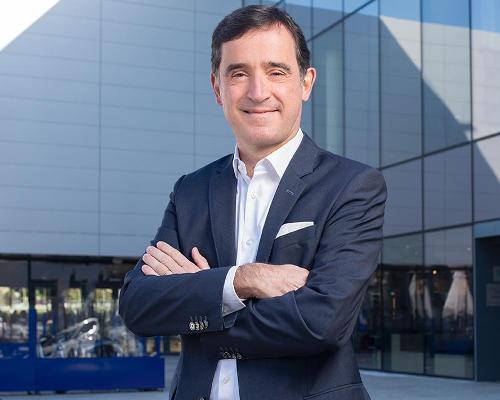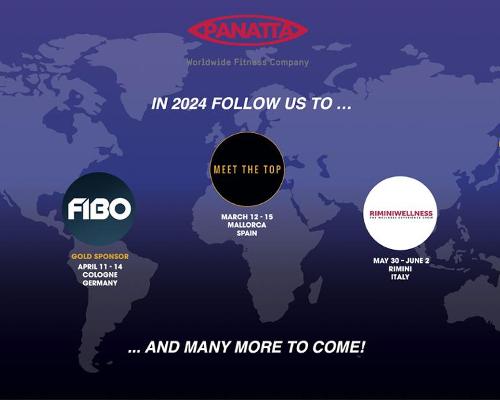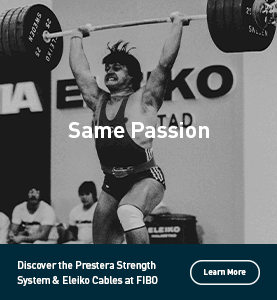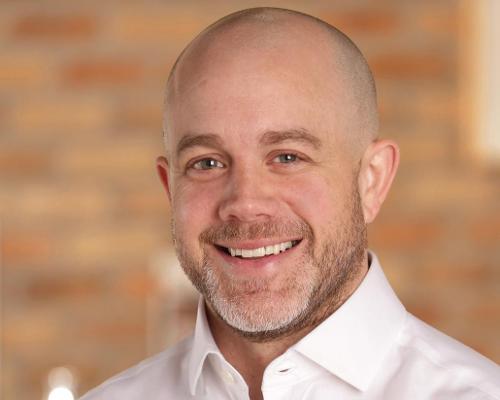features
Debate: Fast food tie-ups: Smart marketing or a risk to reputation?
Can partnerships and affiliations with less obvious companies, such as fast food brands, help the industry tap into a new demographic, or is the potential for them to compromise our reputation too big a risk to take? asks Abi Harris

It’s one of the industry’s eternal struggles – how do we get beyond the UK’s gym membership penetration level of 15 per cent and reach out to the 85 per cent of the population who currently don’t have a membership of a fitness facility?
The needle has been stuck for longer than most of us care to remember and, try as it might, so far the sector has failed to shift the numbers.
One solution, which various operators and organisations – including ukactive – have tested in the past is collaborating with what some might say are more risky partners, such as Coca Cola and Danone, rather than obvious sports brands and health insurance companies, who many feel only reach those who are already active.
Most recently, fitness marketplace, Hussle, partnered with fast food giant McDonald’s for its annual Monopoly giveaway, as the company was keen to establish whether collaborations like these could enable fitness operators to access new customer bases.
We asked leading industry figures whether they believe it’s ‘worth it’. Can this tactic convert a whole new demographic to exercise? And does avoiding a direct association by using third party agents to broker the deal make it an effective strategy, smoothing the way for new user groups while maintaining the sector’s reputation?

In my previous role within the confectionary industry, I helped candy become classified as an ‘essential item’ during the COVID-19 crisis, a classification the UK fitness sector didn’t manage to achieve.
Why do I believe this was possible? You can’t make friends in a time of crisis. The fitness industry needed to have longstanding relationships with lawmakers and government officials so that, when the crisis came, it knew who to call and they knew to answer the phone.
In the US, confectionery manufacturing is part of the nation’s food system, which was obviously considered essential, so we made the argument that it would be more burdensome for the government to determine what types of foods should be on that essential list.
Some lawmakers suggested the confectionery sector take a voluntary pause in manufacturing – when that started to happen, we shifted our argument to say the nation was struggling, people in this industry needed their jobs as much as any other, and the products we sold brought a little joy and happiness to individuals who’d lost so much. We also partnered with the US government to provide PPE to front line workers, which earned some goodwill.
At IHRSA, we’ve now formed the Global Health and Fitness Alliance (GHFA) to bring industry leaders together to create policies and initiatives for the global fitness market and, ultimately, confirm our essential status. The GHFA aims to position fitness as a key contributor in the preventive healthcare continuum, promote our vital contributions to the health, wellbeing and prosperity of societies, plus facilitate credible third-party evidence-based research on the health benefits and economic contributions of this sector. I’m happy to report that IHRSA and GHFA have secured funding for a landmark research project on the global fitness sector with Deloitte that is currently underway and will be released early next year.
Part of the reason gyms weren’t allowed to stay open is the perception that it’s about vanity; sometimes you have to connect the dots for people. When it became clear that obesity makes people more susceptible to COVID-19, we needed to step up and push harder than ever to open.
Collaborations with fast food suppliers is an interesting concept. Even fast food and candy suppliers should believe in a healthy balanced lifestyle and I certainly believe in engaging with any new partners that could help us reach new audiences. I wouldn’t be worried about damaging our reputation with collaborations such as these because we’re on the right side of creating a healthier world. It would likely be more concerning for other industries to partner with us because they would be admitting their products are not helping people.
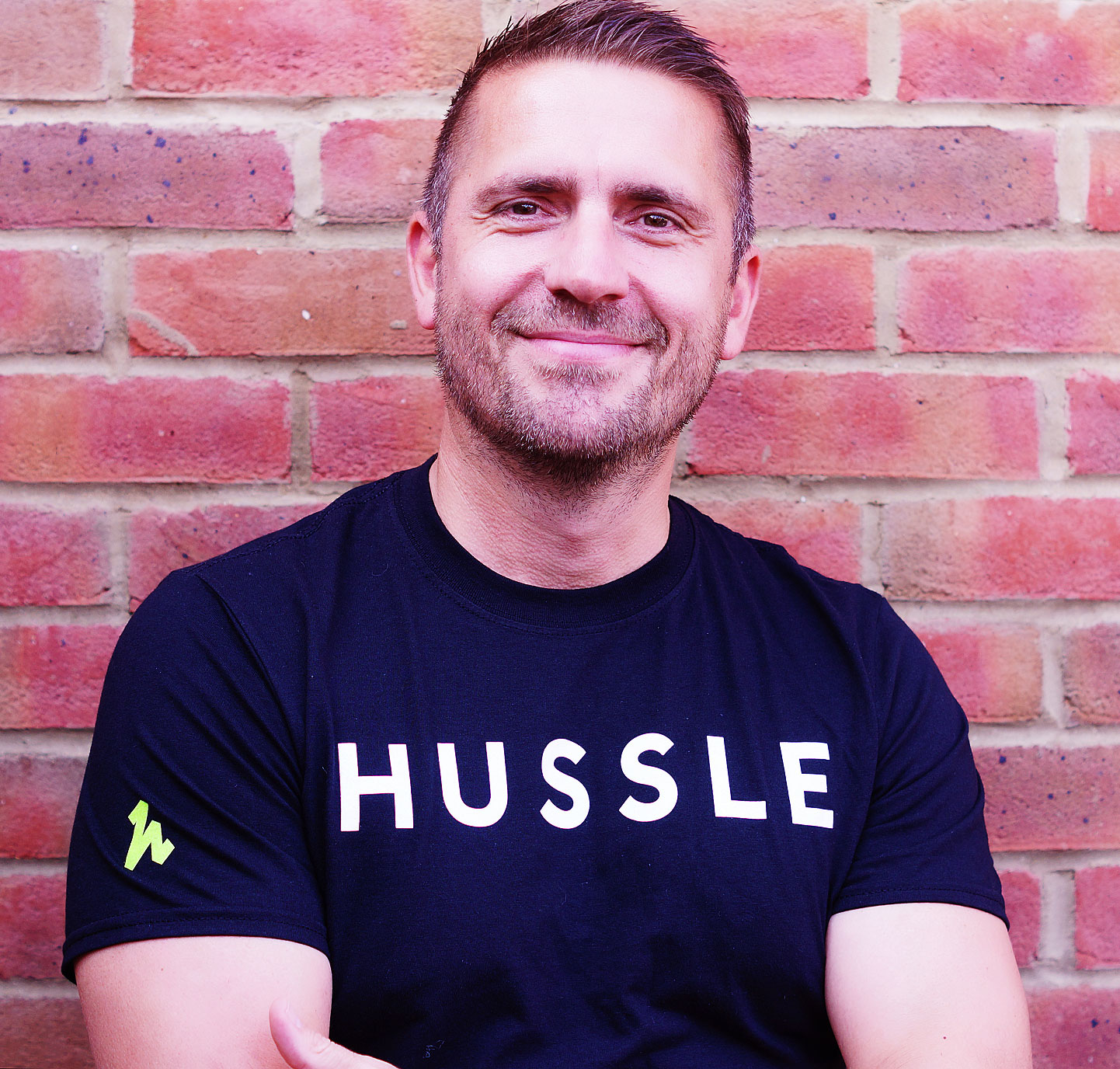
McDonald’s isn’t just any old partner. As arguably the world’s leading fast-food chain, people have strong opinions on the merit of a fitness brand collaboration. You only have to think back to Cristiano Ronaldo and his interaction with a bottle of Coca Cola at the Euros to get an idea of the polarised views people have. When deciding to work with McDonald’s, we had to take all of this into consideration; it wasn’t a decision we took lightly.
Our conclusion was that, ultimately, we support ukactive’s goal to get more people, more active, more often and it’s in the spirit of this mission that we feel a partnership with McDonald’s has such merit. To truly reach more people we, as a sector, must be willing to try new things and test new channels. If we continue to present broadly the same message through the same channels, we will only ever reach the same people.
McDonald’s Monopoly is one of the largest consumer marketing campaigns in the UK, reaching up to 3.5 million people a day. It therefore presents a unique opportunity for our industry to reach a lot of people quickly. People we may not reach otherwise.
Hussle wasn’t the only fitness brand to think this way. As part of a highly competitive tender process, we had to prove the national reach of our gym partners was a more compelling offer than a single gym chain collaboration. Our argument was that each time a McDonald’s customer won the opportunity to visit a gym, it was crucially important there was a viable gym nearby. Without this, the offer may go unused and the opportunity to increase activity would be missed. We feel the campaign has been democratised for the benefit of thousands of operators rather than one single chain, and therefore positively impacts more gyms and health clubs.
McDonald’s Monopoly is played by more than seven million people. It’s a win/win scenario. Our brand partners can provide McDonald’s customers with genuinely national reach and variety, whilst participating gyms benefit from the new customers McDonalds could bring.
The open question remains whether any lasting changes in activity levels will be achieved. It’s too early to say and also not a question Hussle can answer alone as, ultimately, we rely on the service provided by the gym partners that McDonald’s customers go on to visit. But with ukactive Chair Tanni Grey-Thompson calling for the UK to become the most active nation in the world by 2030, partnerships with mainstream brands such as McDonald’s have an ever more important place in the sector.

As director of a public health consultancy with 25 years’ experience working in public health for the NHS, local authorities and the third sector, I have a special interest in physical activity and health. For years we’ve seen a move by fast food giants to deflect the contribution of unhealthy diets on obesity, type-2 diabetes and high blood pressure – which continue to increase at an alarming rate.
Poor diet is the primary driver of this; over the last 20 years or so physical activity levels have not changed. Yet studies have found poor diet is linked to 11 million deaths worldwide and generates more disease than physical inactivity, alcohol and smoking combined.
Under pressure from governments, the food industry continues to deflect the focus away from its highly-processed, high-calorie and nutritionally-deprived foods and shift responsibility onto physical inactivity. In much the same way as big tobacco companies in years gone by, they have been successful in convincing us that inactivity, rather than the promotion and consumption of calorie-rich products, is the prime cause of obesity.
Through high profile sponsorship of large-scale sporting activities and funding initiatives that promote physical activity, the fast food industry has successfully stalled government obesity policies and rebuffed legislation relating to restriction of their products, such as the introduction of sugar taxes. In effect, the efforts of the fast food lobby to deflect blame has been a successfully deployed tactic in increasing their commercial profit at the cost of population health.
In my opinion, health clubs and gyms should be morally obliged to set an example to the public by disassociating themselves from the fast-food industry. Forming partnerships is effectively saying to members: ‘it’s OK to eat crap as long as you work out in our gym’ – going against the body of evidence to the contrary. Such partnerships undermine the fitness industry’s position as ‘centres for health and fitness’ and simply become a stick that will be used by fast food to beat the drum of the fast-food lobbyists.
References
1. Luke A, Cooper RS. Physical activity does not influence obesity risk: time to clarify the public health message. Int J Epidemiol 2013;42:1831–6. doi:10.1093/ije/dyt159
2. Health effects of dietary risks in 195 countries, 1990–2017: a systematic analysis for the Global Burden of Disease Study 2017. The Lancet HCMmag.com/dietaryrisk

It’s an interesting and divisive topic. If you go back a long time ago to when I was CEO of ukactive, we received similar questions and criticism around a partnership with Coca Cola, despite the fact they also own enormous water brands and undoubtedly opened doors at high Government Health department levels. I believe anything that drives people to our doors and brings attention to exercise must be seriously considered.
Some may say it’s partnering with ‘the enemy’ but are they really the enemy? McDonald’s don’t just sell burgers, they’re one of the world’s biggest sellers of water and apples and salads, too. They’ve recently looked at portion sizes and calories.
Like it or not McDonald’s is the choice of a vast percentage of the population. We should be twisting it round – if McDonald’s are keen to work with our industry, we should be grateful. After all, 69 million potential customers are buying their products worldwide every day.
We’re not going to members and saying you must eat McDonalds! They are simply offering their customers the opportunity of a free gym trial. That’s an opportunity not to be turned down by our industry. If people win a free day pass and come to us it’s a chance to convert them we may never otherwise have had.
I think it is absolutely daft for us to always take a view against these companies – we may as well pretend they don’t exist. But they do. And they’re hugely successful. And they dwarf our industry. This is an enormous opportunity.
What will be interesting will be if people take it up. The people choosing to go to a McDonald’s might be a hard gang to convince, but if we don’t try we won’t know – surely if a few wander in after having a burger, so much the better for us? Anything that brings more focus and attention to exercise can’t be wrong.










